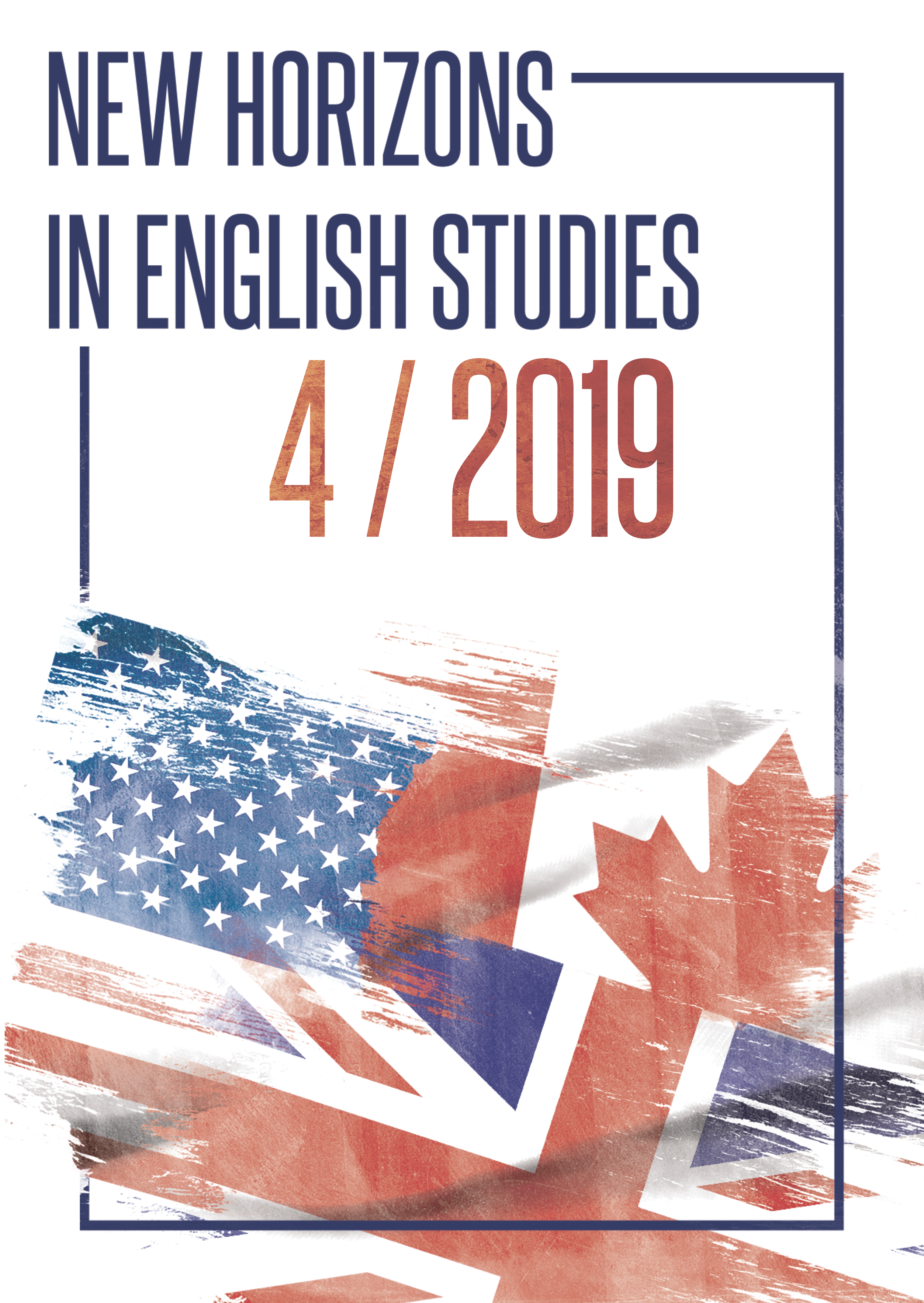Censorship in Irish Broadcasting
Censorship in Irish Broadcasting
Author(s): Aleksandra Mirek-RogowskaSubject(s): Social Sciences, Communication studies
Published by: Wydawnictwo Naukowe Uniwersytetu Marii Curie-Sklodowskiej
Keywords: censorship; Irish broadcasting; Section 31; Broadcasting Authority Act; Catholic Church; Pirate Radio; Silencing project
Summary/Abstract: Can we say that any legislation concerning broadcasting is a form of censorship? Where does the censorship start? The present article discusses these questions in the context of broadcast media in Ireland. In Irish broadcasting there was a tendency to support a dominant ideology. It was creating a culture of censorship which some found acceptable, yet others were forced to accept. There were many factors (history, the development of Irish broadcasting, government and the Church) that can be associated with forming restriction of language in media. The Irish radio was based on the BBC model and all news from Ireland was filtered by a British news agency. At the same time, Irish broadcasting has been an integral part of a government department, and could be controlled by them regarding who and when would be listening. Until the second half of the twentieth century, the Catholic Church had a huge impact on Irish media. It was considered the guardian of morality and defined demoralization and had an influence on shaping the Irish public opinion. Establishing such a strong position would allow them to control broadcasting. Since the 1960s, the power of Catholic Church has decreased; nevertheless, the government still had control of and influence over broadcasting in Ireland. In 1960 they legislated the Broadcasting Authority Act, with the most controversial Section 31, which allowed the government control of all media. However, restricting the media caused journalists to oppose and fight for their freedom of speech.
Journal: New Horizons in English Studies
- Issue Year: 4/2019
- Issue No: 1
- Page Range: 118-129
- Page Count: 12
- Language: English

